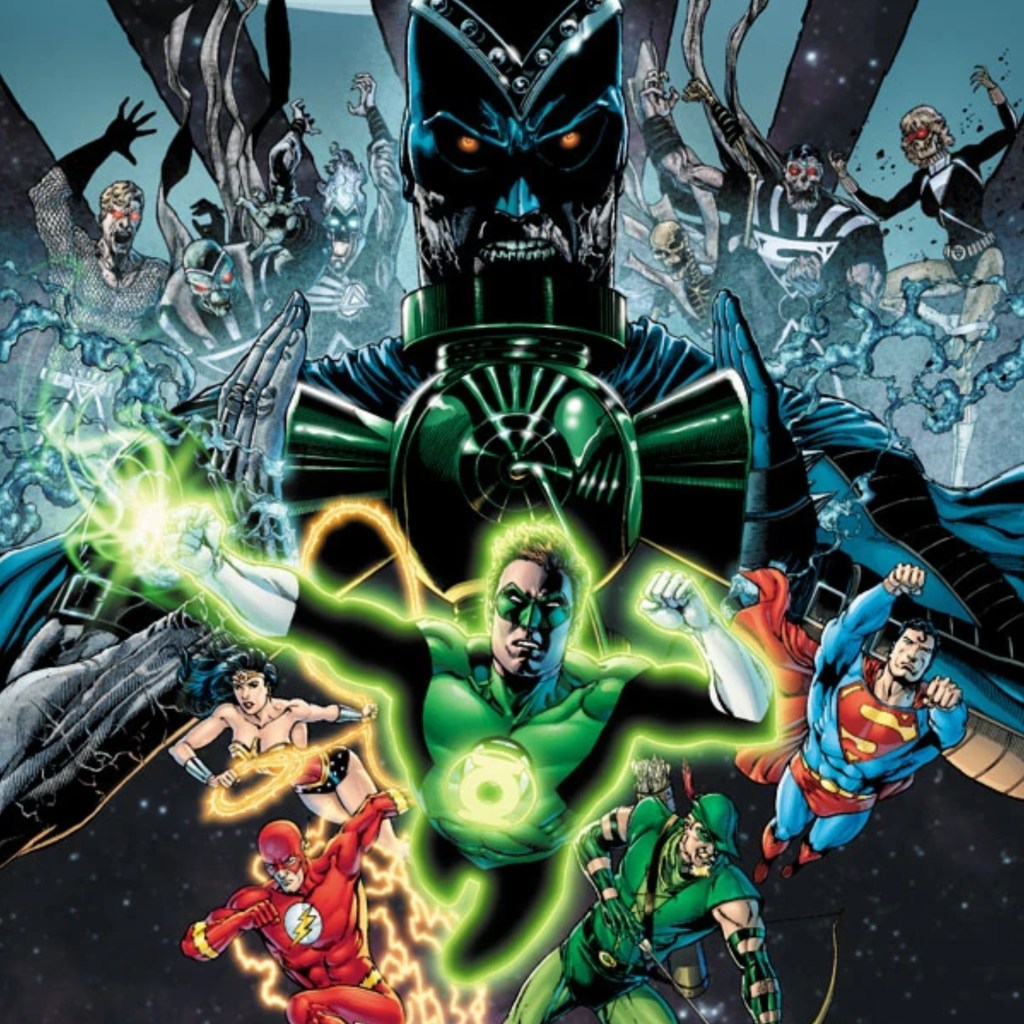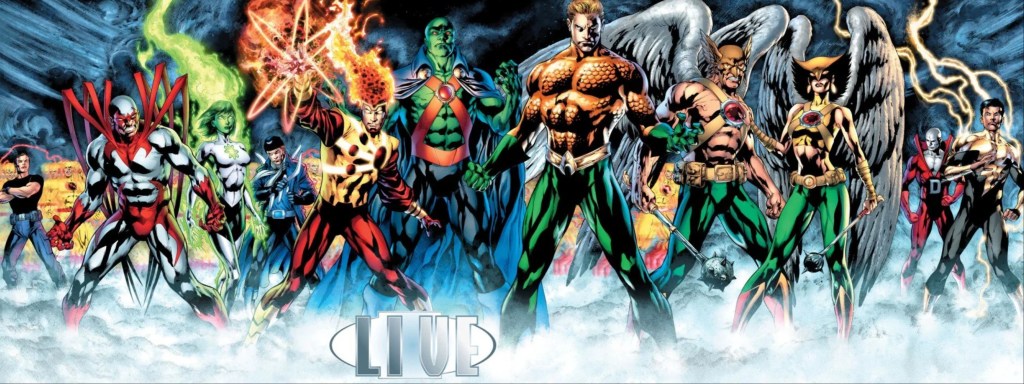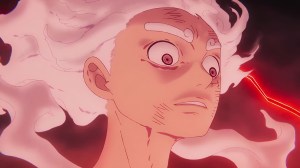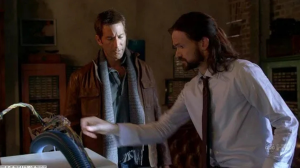DC Comics has had some amazing events over the years. Many of the best crossovers and event comics have come the from the publisher. DC continuity can be pretty wonky, and the publisher has often made changes to their history with their events. This has given DC events a certain reputation among fans — including ones like Infinite Crisis, that pay to homage to the big continuity altering events of the past — but there’s one 21st century DC event that isn’t some massive multiverse altering event that completely changes DC Comics. This comic stems from the events of the Green Lantern comics of the mid ’00s, and completes an idea that had been introduced by Alan Moore himself — Blackest Night, by Geoff Johns and Ivan Reis.
Videos by ComicBook.com
Blackest Night comes from a very interesting time in DC history. Green Lantern and Green Lantern Corps were some of the most popular comics on the stands back then, as writers Geoff Johns, Pete Tomasi, and Dave Gibbons recreated the Green Lantern mythos for the modern day. This led to “The Sinestro Corps War,” an honestly perfect story from start to finish that brought Alan Moore and Kevin O’Neill’s idea of “the Blackest Night,” a prophecy that told the story of the end of the Green Lantern Corps. This led to Blackest Night, a buil-up of several years that ended with an event comic that really has to be seen to be believed.
Blackest Night Was an Amazing Story That Did Something That DC Events Don’t Often Do

Blackest Night had everything going for it from the beginning. Its build-up in Green Lantern and Green Lantern Corps was something to witness. While not every story was as good as “The Sinestro Corps,” “Rage of the Red Lanterns,” “Agent Orange,” “Secret Origin.” and the other stories of the day did a tremendous job of laying out the lore groundwork for the Black Lanterns. Most DC fans were reading at least Green Lantern back then, so the amount of hype for Blackest Night was huge. However, even without all of that lore, Blackest Night was also enjoyable. Blackest Night, at its core, is a superhero zombie horror story. The concept of a Lantern Corps that raised the dead and wanted to destroy all life is tremendously simple to understand, and that’s really you need to understand to love Blackest Night. Knowing the backstory definitely makes Blackest Night better, but the same can be said for every great event book. However, the simplicity of Blackest Night allowed fans who barely knew anything about the Green Lantern mythos of the time (and honestly that was a very slim number; Green Lantern was doing tremendous numbers at this time) to enjoy it. It wasn’t meant to be some DC deep dive that would change it all. It was just a great story about superheroes fighting against the greatest threat they’ve ever faced.
RELATED: Why Are Alternate Universes So Popular in Comics?
Blackest Night, as a series, is awesome. Johns was at the height of his powers, and excelled at writing these kinds of stories. I’d honestly say it was the best he had ever written Barry Allen, who was one of the main characters of the story, and he made a lot of fans remember why Mera and the Atom were such important DC characters and why they were awesome. The art was phenomenal. Reis was always a great artist, but his work on Blackest Night was gorgeous. His detailed, expressive pencils gave the story amazing imagery — the panel that reveals Black Lantern Elongated Man and Sue Dibney in the first issue when they kill two very important heroes is mindblowingly cool. The action is amazing; this is ’00s Johns and a horror story so it’s obviously extremely violent, and Reis excels. The last few issues capture the grandeur of DC events, that feeling of creation-shaking events that the publisher does so well, and I would honestly put Blackest Night with the best-looking event comics of all time. Blackest Night is the total package, and it does something extraordinary. Most DC events take away more than they give, pruning away entire branches of their timeline. However, Blackest Night adds, resurrecting twelve characters, and teasing that they were going to be a crucial part of the future. The book was all about the triumph of life over death, and bringing a bunch of characters to life to save the future is the best way to do this. Blackest Night left DC in a great, hopeful place. It’s a shame that DC squandered it all; Brightest Day, the sequel to Blackest Day, did an amazing job of taking the ideas of the story and bringing them to their ultimate conclusion. DC looked like they were using Blackest Night to keep rebuilding their legend, and it was an exciting time to be a DC fan.
Blackest Night Was Perfect and DC Dropped the Ball

Blackest Night gave DC the perfect chance to grow. It was an amazing story about the battle of life and death, brilliantly written and impeccably drawn, and resurrected a dozen important DC characters, opening up story potential. We haven’t even talked about the amazing tie-ins from Green Lantern, Green Lantern Corps, and the multiple miniseries that fleshed out the war between life and death. Blackest Night was perfect in every way, and it’s sad that DC squandered everything it built up (Brightest Day is a sensational follow-up and shows just how much potential DC had at the time they threw it all away with Flashpoint.)
Nothing DC has put out since has ever matched Blackest Night. There have been some good events since it came out — Dark Knights: Metal and Dark Knights: Death Metal have a lot of fans, and I’d argue that Titans: Beast World, Dark Crisis on Infinite Earths, and Absolute Power are all pretty great event books — but none of them are as good as Blackest Night. Blackest Night is a story from creators who were at the top of the game, a meticulously crafted epic that delivered in every way possible. As good as other DC events have been in the last few years, Blackest Night is just on another level. The publisher put several years worth of work into building it, and it gave the gift of life to DC Comics. They’ve tried to do something similar in the years since, but they’ve never been able to match it.
What do you think of Blackest Night? Sound off in the comments below.








